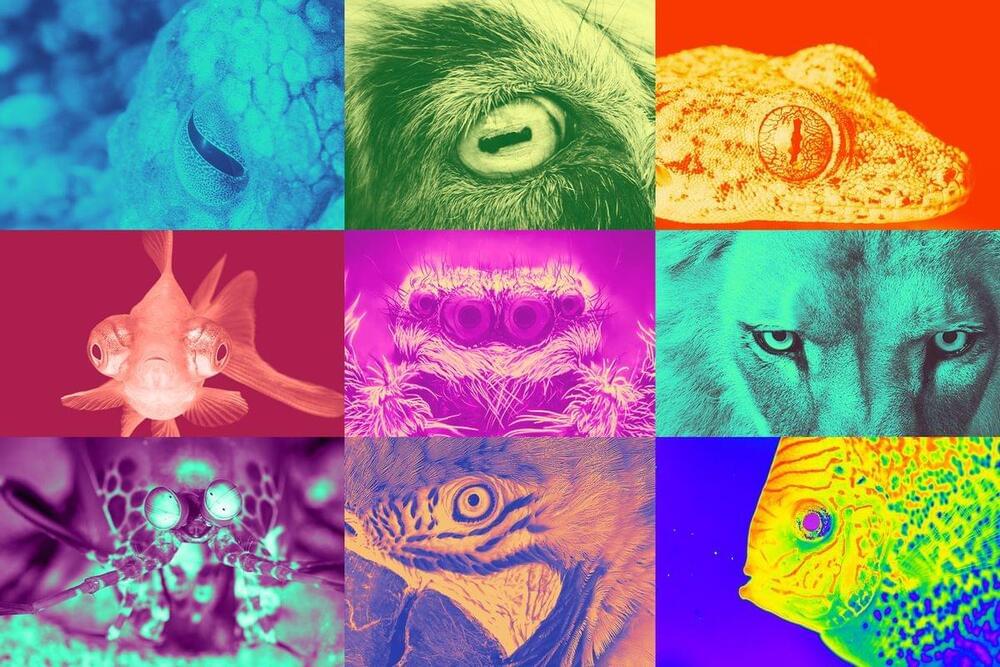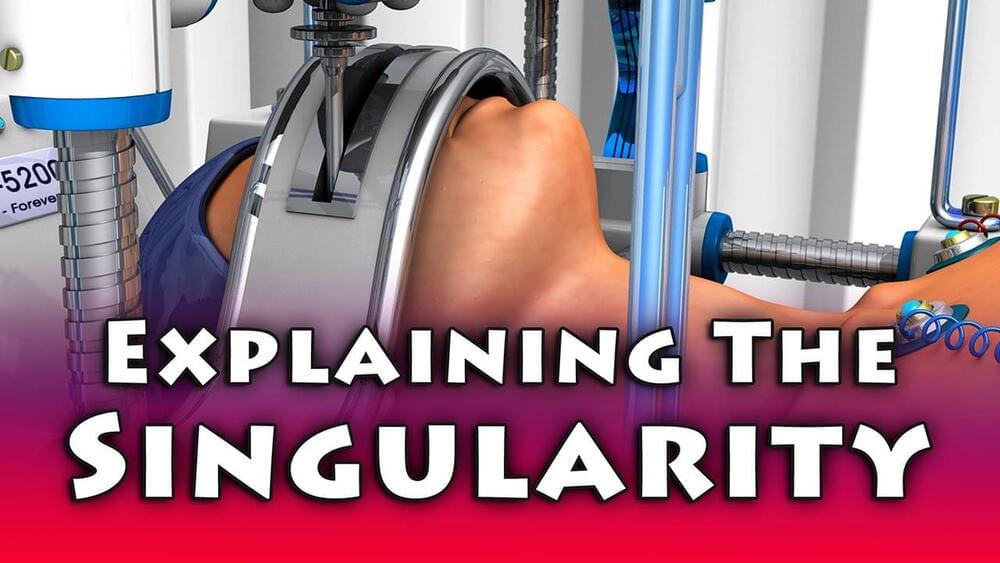Evolution has produced many different eyes relatively quickly. Here’s how, and why, nature keeps evolving eyes.
Neuroscientists at MIT have discovered a way to potentially reverse neurodegeneration and other issues related to Alzheimer’s disease, according to a news release from the school.
Researchers, experimenting on mice, found that interfering with an enzyme that is typically overactive in the brains of people with Alzheimer’s can reverse the degeneration in the brain.
Three aerospace engineers beat the previous record of 252 feet, 7 inches (77 meters) by flying a paper airplane, a total of 289 feet, 9 inches (88 meters), breaking the previous mark.
Kentoh/iStock.
This is according to a press release by the University of Chicago published last week.
OpenAI’s CEO and co-founder, Sam Altman, has revealed that the business is not currently training GPT-5, the technology behind artificial intelligence (AI) chatbot sensation ChatGPT.
In order to prevent the potentially destructive impact of AI on humanity, we need open-source innovation and collective governance that is possible through blockchain protocols and Web3, rather than the monopoly defaulting structure of Web2, according to Michael Casey, CoinDesk’s chief content officer.
Join top executives in San Francisco on July 11–12, to hear how leaders are integrating and optimizing AI investments for success. Learn More
Artificial intelligence (AI) is revolutionizing industries, streamlining processes, and, hopefully, on its way to improving the quality of life for people around the world — all very exciting news. That said, with the increasing influence of AI systems, it’s crucial to ensure that these technologies are developed and implemented responsibly.
Responsible AI is not just about adhering to regulations and ethical guidelines; it is the key to creating more accurate and effective AI models.
The Singularity is a technological event horizon beyond which we cannot see – a moment in future history when exponential progress makes the impossible possible. This video discusses the concept of the Singularity, related technologies including AI, synthetic biology, cybernetics and quantum computing, and their potential implications.
My previous video “AI, Robots & the Future” is here:
https://www.youtube.com/watch?v=iaGIo_Viazs.
The episode on “The Metaverse: A Facebook Fantasy?” is here:
And I have a video on “Nanotechnology 2.0” here:
Visit http://TED.com to get our entire library of TED Talks, transcripts, translations, personalized Talk recommendations and more.
The cells in your body are like computer software: they’re “programmed” to carry out specific functions at specific times. If we can better understand this process, we could unlock the ability to reprogram cells ourselves, says computational biologist Sara-Jane Dunn. In a talk from the cutting-edge of science, she explains how her team is studying embryonic stem cells to gain a new understanding of the biological programs that power life — and develop “living software” that could transform medicine, agriculture and energy.
Get TED Talks recommended just for you!
The TED Talks channel features the best talks and performances from the TED Conference, where the world’s leading thinkers and doers give the talk of their lives in 18 minutes (or less). Look for talks on Technology, Entertainment and Design — plus science, business, global issues, the arts and more. You’re welcome to link to or embed these videos, forward them to others and share these ideas with people you know. For more information on using TED for commercial purposes (e.g. employee learning, in a film or online course), submit a Media Request here: http://media-requests.TED.com.
Human decision-making is relevant for concept formation and cognitive illusions. Cognitive illusions can be explained by quantum probability, while the reason for introducing quantum mechanics is based on ad hoc bounded rationality (BR). Concept formation can be explained in a set-theoretic way, although such explanations have not been extended to cognitive illusions. We naturally expand the idea of BR to incomplete BR and introduce the key notion of nonlocality in cognition without any attempts on quantum theory. We define incomplete bounded rationality and nonlocality as a binary relation, construct a lattice from the relation by using a rough-set technique, and define probability in concept formation. By using probability defined in concept formation, we describe various cognitive illusions, such as the guppy effect, conjunction fallacy, order effect, and so on.









